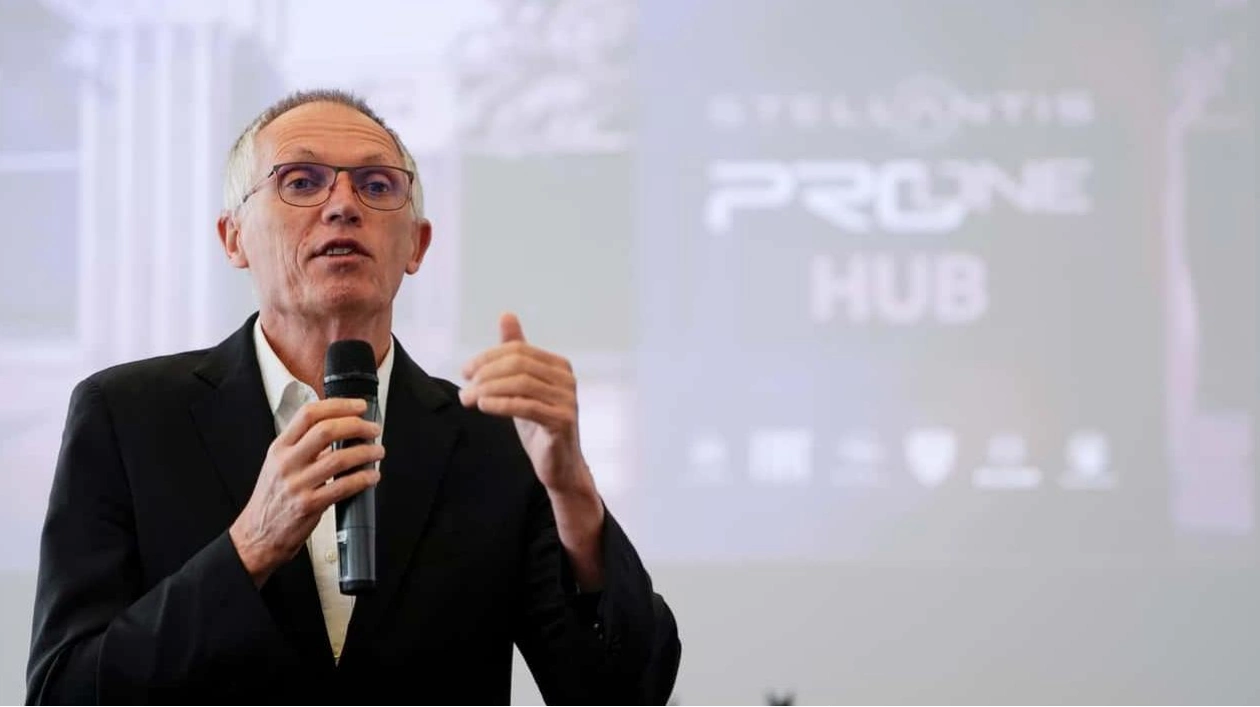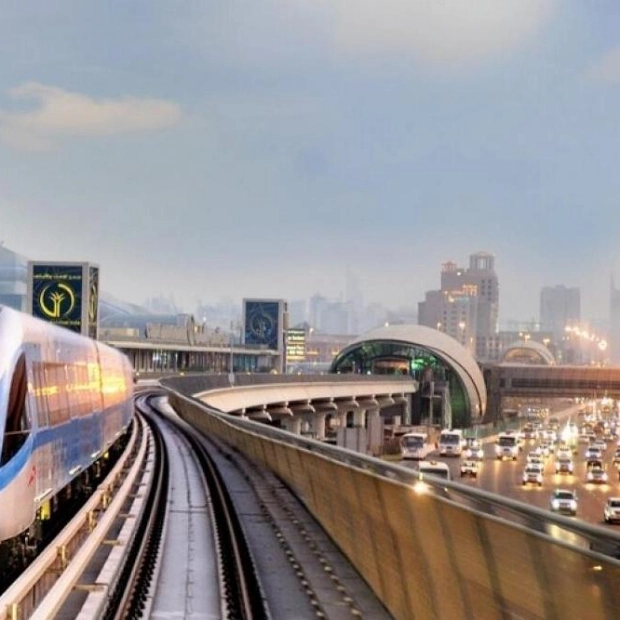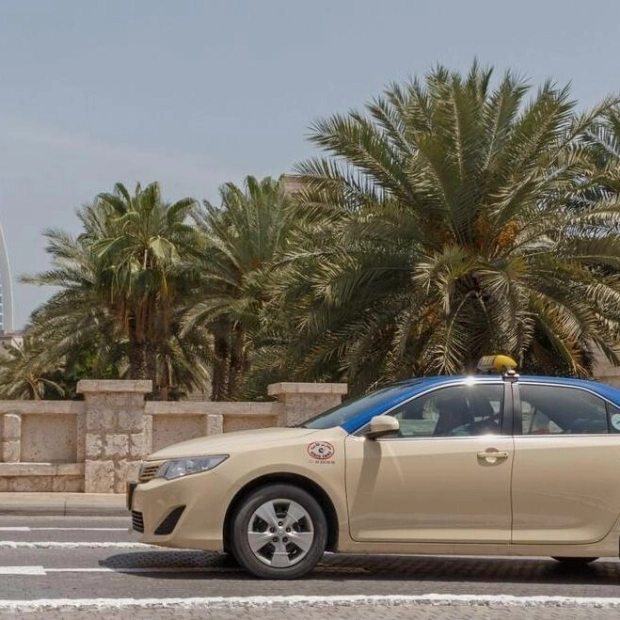Stellantis finds itself in a challenging predicament in the United States, where dealers are far from pleased with the current state of affairs involving the 'degrading' American brands, resulting in an ongoing 'disaster.' The automotive giant formed from the merger of FCA and PSA is facing distinct issues in Europe. Regulators are pushing automakers to sell more EVs, yet governments are either reducing or eliminating incentives. This places Stellantis (and its competitors) in a tough spot since internal combustion engine (ICE) vehicles generally remain considerably more expensive than gasoline cars. Automakers operating in Europe will need to further reduce their fleet emissions by 2025. Failing to do so could result in substantial fines. Decarbonizing the fleet can be achieved through cleaner combustion engines and a broader range of hybrids, but the most significant benefits come from selling more EVs.
'To survive, we must achieve cost parity between electric cars and thermal cars, but another chapter unfolds here. We operate in a geographical region characterized by chaos, making predictions difficult. Governments have decided to reduce purchase incentives, which is hindering the market.' The automotive industry is in a survival mode: fear is a thing of the past. Complaining and hesitating are not options; we must focus our efforts to stay alive. To survive, we need to achieve cost parity between electric cars and thermal cars, but another chapter unfolds here. We operate in a geographical region characterized by chaos, making predictions difficult. Governments have decided to reduce purchase incentives, which is hindering the market.
Indeed, the EV market is slowing down in Europe, leading to a four-week pause in production of the Fiat 500e due to weak demand. The market share of fully electric cars decreased in the first seven months of 2024 in the European Union (plus the UK and EFTA countries), from 14.3% to 13.8%, according to the European Automobile Manufacturers Association (ACEA). Despite these obstacles, Tavares does not want the EU to delay the new CO2 targets. He told Agence-France Presse that 'it would be surreal to change the rules now.' In his interview with our Italian colleagues, the CEO claimed Stellantis has taken all necessary measures to comply with stricter regulations: 'My cars are ready, my people are ready, and our factories are ready. Why delay? Is global warming no longer a problem? Right now, half of Portugal is burning.'
The EU still aims to ban the sale of new cars that generate harmful emissions from 2035 but is likely to permit those powered by combustion engines running on carbon-neutral synthetic fuels. Whatever happens in Europe will have global repercussions. Being unable to sell a gas-powered model in the EU could lead to its demise worldwide if economies of scale are not achieved.






